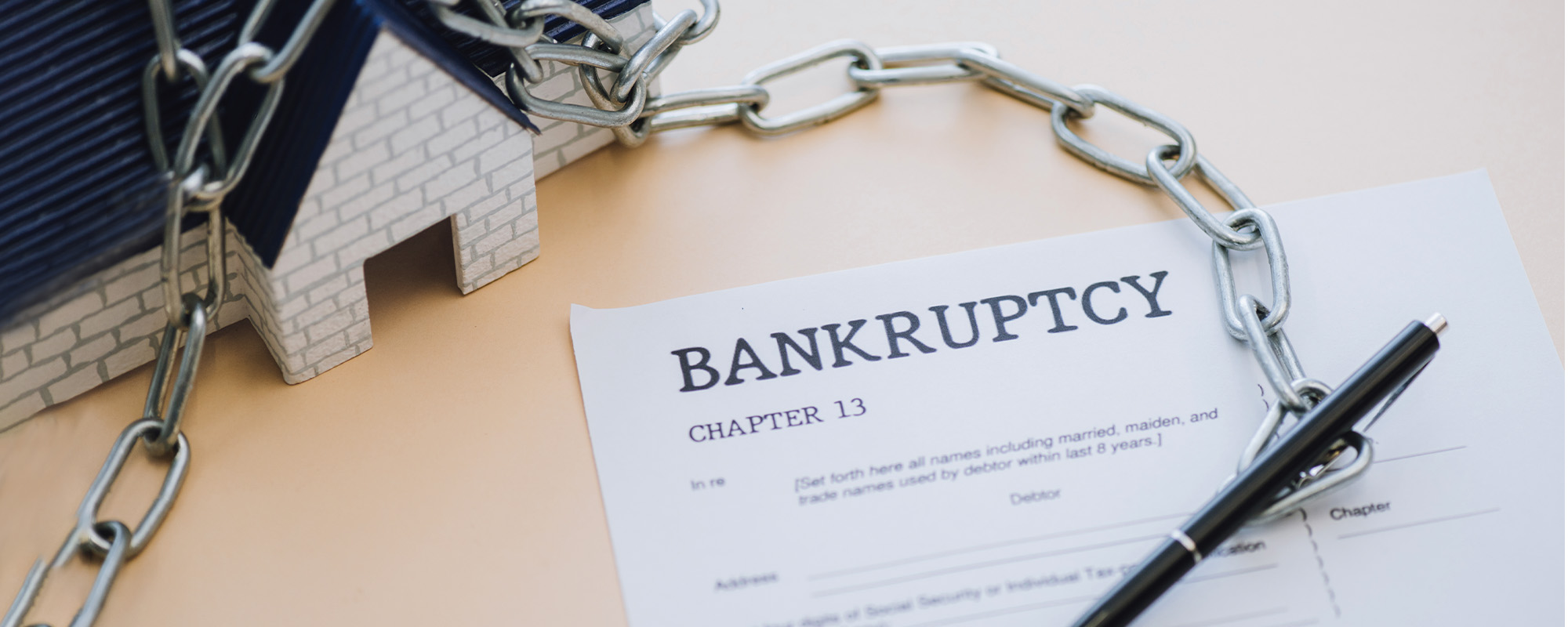Many people know someone who has been through Chapter 7 or Chapter 13 bankruptcy. Even those who don’t know anyone personally have a general idea of what to expect from the bankruptcy process and what will happen after relief has been granted.
At Schwartz Bankruptcy Law Center, our lawyers know that not all of the anecdotal evidence people hear is always true. Debt situations are different for everyone, including the solutions they will need in order to get the clean slate they so desperately need.
Here are just a few common myths and misconceptions you should know about before filing a bankruptcy petition of your own:
- If you file for bankruptcy, you will lose everything you own — Not true. There are many exemptions for different types of property, such as homes and autos, under the bankruptcy code. In the vast majority of cases, people are eligible for enough exemptions that they will be able to keep all of their property.
- Filing for bankruptcy will hurt your credit for 10 years — Partially true. Though bankruptcy does remain on your credit report for a certain period of time, many people begin rebuilding their credit soon after their discharge from bankruptcy. With your discharged debts removed from your credit report, you can often rebuild credit more quickly than if you didn’t get it discharged. For example, people who have filed bankruptcy are eligible for an FHA loan as soon as two years after their bankruptcy case is closed.
- Under the new laws, it is very difficult to file for bankruptcy — False. With the help of an attorney, bankruptcy still remains a viable option for dealing with overwhelming debt and getting a fresh start.
- You will never get credit again — False. Many people begin receiving offers for credit shortly after securing their discharge.
- You can only file for bankruptcy once — Not true. There is no limit on the number of times you can file for Chapter 7 or Chapter 13 bankruptcy. However, there are limitations on how soon after a filing that you may file for bankruptcy protection again.
- Bankruptcy cannot discharge your taxes — False. Certain tax burdens can be discharged along with your other debts.
- You won’t be able to buy property again — False. There is no limitation on your purchasing property after bankruptcy anymore than there is now.
- If you are married, your spouse has to file for bankruptcy with you — Married couples can file together or separately, whichever is more economically advantageous for them.
- Creditors can still harass you after filing for bankruptcy — Untrue. The automatic stay that occurs when you file for bankruptcy prevents creditors from taking any further collection actions, including contacting you, under penalty of law.
Learn More By Contacting Our Firm
At Schwartz Bankruptcy Law Center, we believe in keeping you well-informed about the bankruptcy process, which includes dispelling common myths and misconceptions that could cause you to hesitate or not seek debt relief when you need it most.




